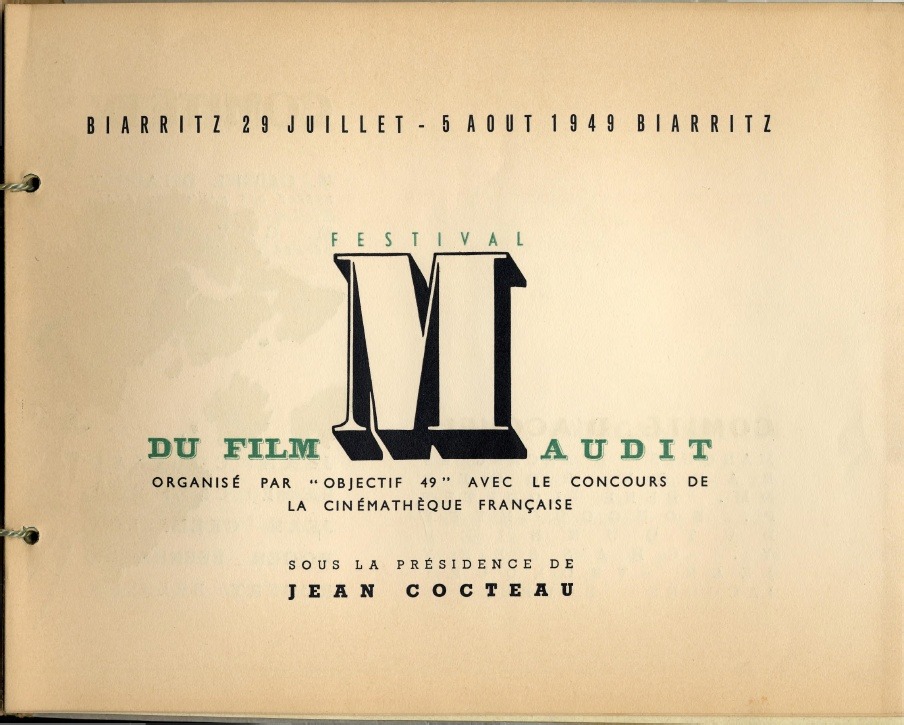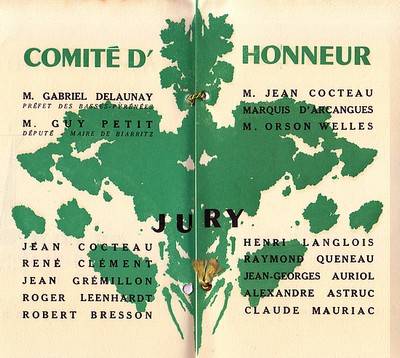Thursday, December 20, 2012
Edit Worthy
'As a filmmaker I'm speaking to you from my home.' His home being the editing suite. He being Orson Welles in his documentary Filming Othello (1978). In our digital age the tactile art of editing film has mostly been lost but this is still gospel. Editing is arguably the true creative process. Everything else is just gathering the ingredients. How you put them together is the real test. As he quotes Carlisle: almost everything examined deeply enough will turn out to be musical. The best artists have an ear for the rhythm of how scenes or sentences flow. An innate feel for how they follow each other. For Welles the moviola is a musical instrument where you search for the right tempo, splicing the images together until the hum, until they reveal an inner harmony, because 'a film is never right until it's right musically.' The pursuit of that rightness can take years. And often sense plays second fiddle to rhythm. Meaning follows form. You understand the shape or rhythm of it long before you understand what it is you're trying to say. In fact, the rhythm can often dictate the meaning. So editing can reveal the greatness waiting inside a film, manifest the dream inside the filmmaker's head, or, as Welles knew only too well, it could gut that greatness like a dead fish.
Saturday, December 8, 2012
Festival of the Cursed
Festival du Film Maudit Catalogue, 1949, via caboose
''The time has come to honour the masterpieces of film art which have been buried alive, and to sound the alarm. Cinema must free itself from slavery just like the many courageous people who are currently striving to achieve their freedom. Art which is inaccessible to young people will never be art." (Jean Cocteau, 1949)
After the end of World War II, the Ciné-club Objectif 49 was founded in Paris. Its members, including Jean Cocteau, Henri Langlois and, as honorary member, Orson Welles, had taken up the cause of propagating a new cinema avant-garde. They were supported by several writers, filmmakers and critics who had joined together under the label Nouvelle Critique, including André Bazin, Raymond Queneau, Jean Grémillon, Alexandre Astruc and Roger Leenhardt. This loosely-bound group planned to stage an independent festival in Biarritz in the summer of 1949; it was to roll out the red carpet for Cinéma maudit, in a nod to Mallarmé's term poètes maudits, the accursed poets.
With this festival, the established representatives of Nouvelle Critique intended to “measure, with purity and frenzy, the current battle lines on the field of cinematographic intelligence and sensibility”. They were also aiming for an exchange of ideas with a group of young cinephiles whose names were known to very few at the time: François Truffaut, Jacques Rivette, Jean-Luc Godard, Claude Chabrol, Eric Rohmer and Jean Douchet. The announcement of the event, which was to be both urbane and confrontational, was akin to a cult promise: Biarritz would become a test site to roam with one’s accomplices, in order to track down a new spirit in film, which didn't necessarily have to reveal itself only in the current production. What were the films maudits, the accursed films of 1949? Kuhle Wampe by Slatan Dudow, Lumière d'été by Jean Grémillon,Fireworks by Kenneth Anger, films by Jean Renoir, Clifford Odets, Jean Rouch, John Ford and Helmut Käutner, Les Dames du Bois de Boulogne by Robert Bresson, Ride the Pink Horse by Robert Montgomery and L'Atalante by Jean Vigo, plus ten additional films. Many of these have long since become indisputable standard works in film history.
The festival took place in the luxurious venue of the Casino on the Atlantic coast from July 29 to August 5. A doorman politely checked all guests and detained or turned away those who didn’t belong or were improperly attired. Some who clearly didn’t belong were Rivette, Godard, and Truffaut. All under twenty years old, ‘bohemian’, and vociferous, they started a scene with the doorman until the timely arrival of Cocteau, dressed in tails. He shepherded his young friends in with a wave of his hand and, as president of the festival, succeeded in holding together, or at least at a safe distance, the aristocracy on one hand and the young Turks on the other.” (Dudley Andrew) via filmmuseum
Subscribe to:
Posts (Atom)


